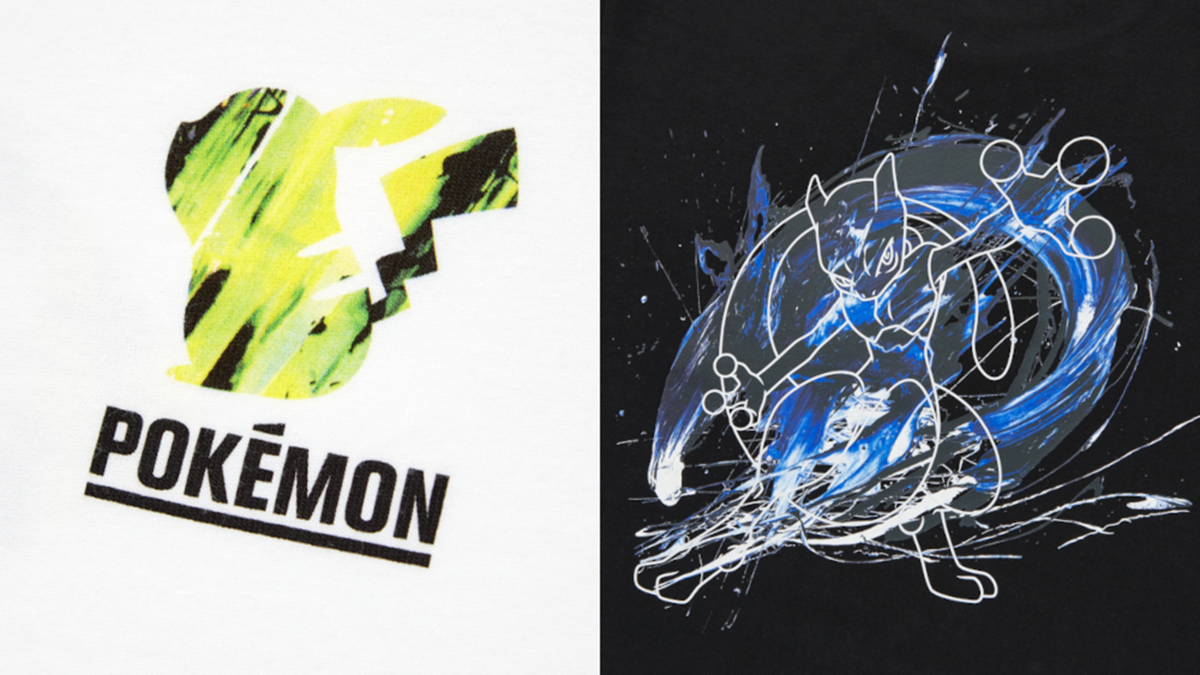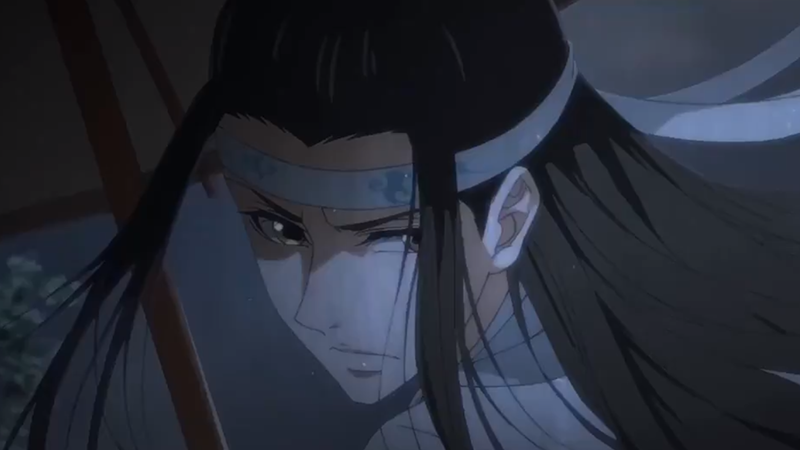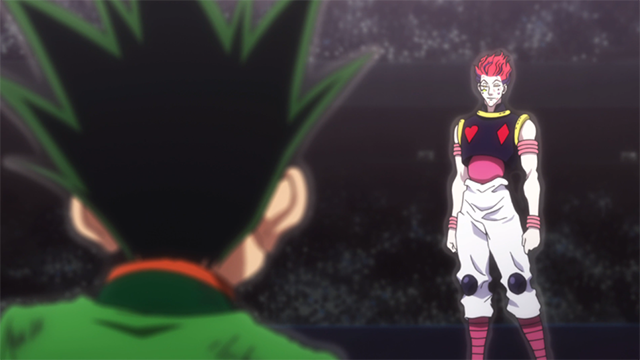#Wand and Sword with Producer Katsuki Aoyama and Editor Shiro Yamano

Wistoria: Wand and Sword is a new must-watch series for fantasy anime fans this summer, as it features a story where swordsmanship rivals spellcasting. Created by Fujino Omori, the well-known author of Is It Wrong to Try to Pick Up Girls in a Dungeon? and illustrated by Toshi Aoi, Wistoria: Wand and Sword is centered around a unique world ruled by magic. At Anime Expo 2024, Anime Trending had the chance to interview anime producer Katsuki Aoyama and manga/light novel editor Shiro Yamano to discuss the anime adaptation. They shared their thoughts on the source material, the decision to partner with Studio ACTAS for the animation, and what viewers can expect from the series.
Questions submitted by Agnes Nguyen and Melyvn Tan.
When did the idea for an adaptation begin, and why?
Katsuki Aoyama: Back around April 2021, the first volume came out. I was reading it because it was the much anticipated new series from Omori-san. So I was just reading it as a reader, and then I heard word that Kodansha was putting up a competition for who would be animating the series. And I was like, “I have to do this. I have to submit it,” and I basically submitted a project proposal.
What are your thoughts on the source material? You said you were very interested, but did anything draw you to it?
Aoyama: Basically, because this is a traditional story, there is going to be lots of foreshadowing, a lot of plot development, a lot of detailed settings, and a very rich world with a deep view. Then you had Aoi-sensei who was relatively new to the manga scene at the time but was really skilled and drew amazing action scenes. Upon seeing that, I thought, “Oh, this is going to be really hard to turn into an anime. It might be a little risky because if we can’t pull it off, then there might be a lot of criticism. But if it’s done well, it’s going to be great. It’s going to be a big hit.”
The characters are so beautiful, and the cute ones are very cute, and they’re all carefully drawn out and developed so that they don’t just come out and get killed off. They get proper character development. So that’s what I was looking for.
How did the project land at ACTAS?
Aoyama: ACTAS is one of Bandai Namco’s subsidiaries. When we were doing the bid for the big competition between the multiple studios, ACTAS was saying, “Oh, we would like to challenge ourselves with a series that has a manga as the original work.” We started thinking, “What kind of staffing do we need? What kind of staff would be necessary?”
We did some research, and we found out that Yoshiwara-san was an alumnus of ACTAS, and I was like, “Wait, we can get him through connections!” since he was already famous for his action sequences, and that would be a really great match for this series. I had the president of ACTAS reach out to Yoshiwara-san and ask if he wanted to be on board, and he said yes.
What do you think of director/series composer/scriptwriter Tatsuya Yoshihara’s work on this adaptation?
Aoyama: To summarize it, he’s a very special person. I’ve been working with various animated directors, but Yoshiwara-san is pretty young because I think he’s still in his thirties. He really gets his job done at whatever he’s assigned to, and he has a very quick response to anything that he’s asked. He doesn’t show much passion on the outside, but he is a true artisan and gets the work done when it needs to be done.
He’s a very calm person, but he can be very particular about things. It really shows in the final product — you’ll be able to tell in the first episode, but the stage direction and action sequences are just amazing. So he’s a man who shows results with what’s on screen.
The premise of Wistoria: Wand and Sword is an interesting premise where magic rules the world. How do you see the story progressing as Will aims for the top of the tower to reunite with Elfaria?
Shiro Yamano: The manga is slightly ahead of the anime because this is a monthly serial, so I can’t really say anything without giving spoilers. However, knowing who the author is, there are going to be a lot of hardships for the protagonist and Will is not an exception to this rule. He will see a lot of hardships going up the tower. Whether or not he will see Elfaria, we’ll have to see.


What was the process like working with Fujino Omori (writer) and Toshi Aoi (illustrator)?
Yamano: So basically, I start with a one-on-one meeting with Omori-sensei to hash out the plot. Once we have a plot, we add Aoi-sensei to the discussion for a detailed three-man discussion for each episode. If there’s a new character, Aoi-sensei will go into a deep dive of the character and grill Omori-sensei like, “Does the character have any siblings? Does the character have any emotional trauma? Was there any drama that would give a better insight of the character?”
Once the monthly plot discussion is done, then Aoi-sensei goes back and creates a storyboard for that particular episode. After the storyboard is done in paper and pencil, we get back together and butt heads again to talk more about that particular episode. Finally, once we’re all fine with it, that’s when we start the actual rough draft.
Wistoria: Wand and Sword offers a wide range of magics that are not only elemental specific, but almost grand in size, like the Fantasy Magic (i.e. Gensou Mahou / 幻想魔法). How were the three of you able to recognize and reconcile all of that?
Yamano: In Japan, we really don’t differentiate between elementals and fantasy magic. It’s kind of all just genres of magic, magic, and magic. In this series, each character has a base element that they’re very good with, and the Fantasy Magic is a special type of magic that not everyone can use.
Out of all the characters, who is your favorite? Who do you dislike the most?
Yamano: I’ve always been a sucker for childhood friends, so I’d have to say Collette. When I heard her voice, I was like, “Oh my god, it’s even cuter!”
You’ve previously edited works like I Was Reincarnated as the 7th Prince, which is also a fantasy-based story. What do you look for when editing a fantasy or isekai work? What would you advise aspiring light novel authors to do or not to do?
Yamano: I feel that there are many aspects, but you just basically need good storytelling and enchanting characters — that’s the absolute base. Then, you only need one thing that differentiates your series from something else, such as what are you going to reincarnate to? Are you going to reincarnate to a vending machine? Are you going to reincarnate into a slime? Or [be proficient with] one particular ability like being a flame master or whatnot. You don’t want to do too many things that are not slightly out of the ordinary, so if you’re going to go mainstream with one thing that stands out, that’s probably the best way to go about it.
Any comments on the main cast?
Aoyama: It’s not in the first episode, but Julius played by Tetsuya Kakihara was very enthusiastic, and he was acting to the point of maybe slightly overreacting. His voice acting eventually became the talk of the cast, so I’m looking forward to giving this to the viewers as soon as possible. Please look forward to that!
What can anime fans expect and look forward to from this series?
Aoyama: I guess there are a lot of expectations! Wistoria: Wand and Sword has many charming aspects with the goals and whatnot, but it feels like this is going to be a very big traditional fantasy title. Multiple generations will be able to watch it, reaching a broader audience than usual, because the show will air at 4:30 p.m. on Sundays in Japan. We’re hoping that we get a different demographic than what you’d normally expect from a midnight anime.
Wistoria: Wand and Sword is currently streaming on Crunchyroll.
If you liked the article, do not forget to share it with your friends. Follow us on Google News too, click on the star and choose us from your favorites.
If you want to read more anime-manga articles, you can visit our anime-manga category.




